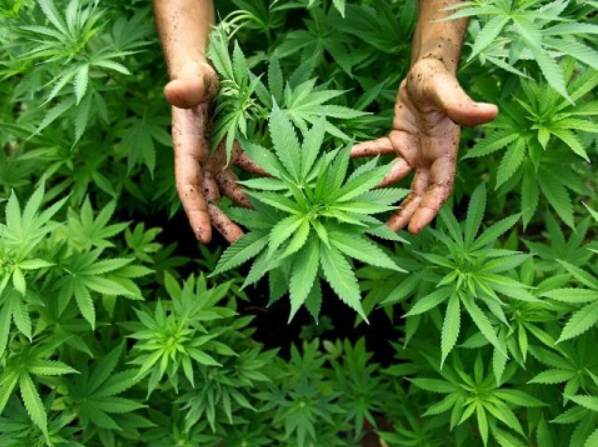Thailand Encourages Home Growers to Support the Country’s Medical Cannabis Market
Thailand, once known for its strict anti-cannabis laws typical of many Asian countries, is now rapidly advancing reforms aimed at legalizing and formalizing its cannabis market. Recently, the Thai government announced plans to expand and accelerate reforms regarding home cultivation of cannabis for personal use, allowing each resident to grow up to six mature plants at home. Furthermore, starting early next year, citizens will also be permitted to sell their homegrown harvest to the legal medical cannabis market.
This initiative is expected not only to help Thailand quickly replenish its medical cannabis supplies for both domestic and international markets, but also to strengthen and increase the incomes of many Thai families living in rural areas.
Government Plans and Economic Impact
“Currently, we are considering several amendments aimed at fully liberalizing the use and distribution of medical cannabis in Thailand,” said Anutin Charnvirakul, the country’s Minister of Public Health. “We believe that, given our climate, social, and economic conditions, cannabis is an agricultural product that any rural Thai family could easily produce. We are actively pushing this project through parliament, but it will likely be fully adopted only at the start of the new year.”
In December 2018, Thai authorities surprised both local activists and the global community by announcing the creation of a regulated medical cannabis market based on local production resources. Throughout the past year, Anutin, who also serves as Deputy Prime Minister, has led the reform movement, overseeing the adoption of key proposals for organizing the market system. Since March, he has advocated for legalizing and expanding the right to home cultivation as an innovative way to combat high poverty levels in rural regions.
According to the minister, selling the harvest from a single local landrace cannabis plant could bring a farmer a net income of $2,225—a significant sum in Thailand. If a farmer sells the harvest from all six mature homegrown plants, they could earn around $13,350, which is much higher than the country’s average annual salary of just $8,200.
Challenges and Market Considerations
Of course, the plan is not without its challenges. The minister’s calculations are only rough estimates based on professionally grown plants, and not every farmer will be able to achieve these results. Additionally, a rapid increase in supply could quickly drive down prices. The government also plans to establish only one official point of sale for homegrown cannabis in the entire country. Currently, authorities intend to open a collection center and offer training courses for farmers at Maejo University in Chiang Mai, in northern Thailand.
“The new center at the university will offer courses on home cannabis cultivation using various resources suitable for both open and closed growing environments,” the minister said. “I want to emphasize that the reform is primarily driven by social goals, not profit. As the market system grows, we will create new collection and training centers for cultivators.”
Maejo University’s Role and Future Prospects
In early September, Maejo University began planting cannabis on the country’s first government plantation, intended to supply both domestic and international buyers. About 12,000 seeds were planted, and the harvest is expected to be collected, processed, and delivered to medical clinics and the first cannabis stores by mid-February next year.
Overall, Anutin and many members of the ruling party believe that after the planned reforms, medical cannabis will quickly become Thailand’s leading agricultural export, surpassing products like natural rubber, sugarcane, and even rice. The country is expected to become a global leader in medical cannabis production and export, thanks to the encouragement of widespread home cultivation and the availability of affordable, skilled labor that could attract commercial operations from Europe and America.
The minister believes that, in terms of scale, speed, and product quality, only countries in South America and Africa—where legal cannabis markets are also emerging—could compete with Thailand, though they lack the same level of government support.
New Strains and National Pride
The government-sponsored medical cannabis legalization program has already produced unique results. According to sources at Maejo University, in honor of the legalization of home cultivation, botanists are developing a new national medical cannabis strain called “Issara,” which means “Independence” in Thai. The strain will feature a high concentration of both CBD and THC, with a balanced ratio of the two active compounds.



